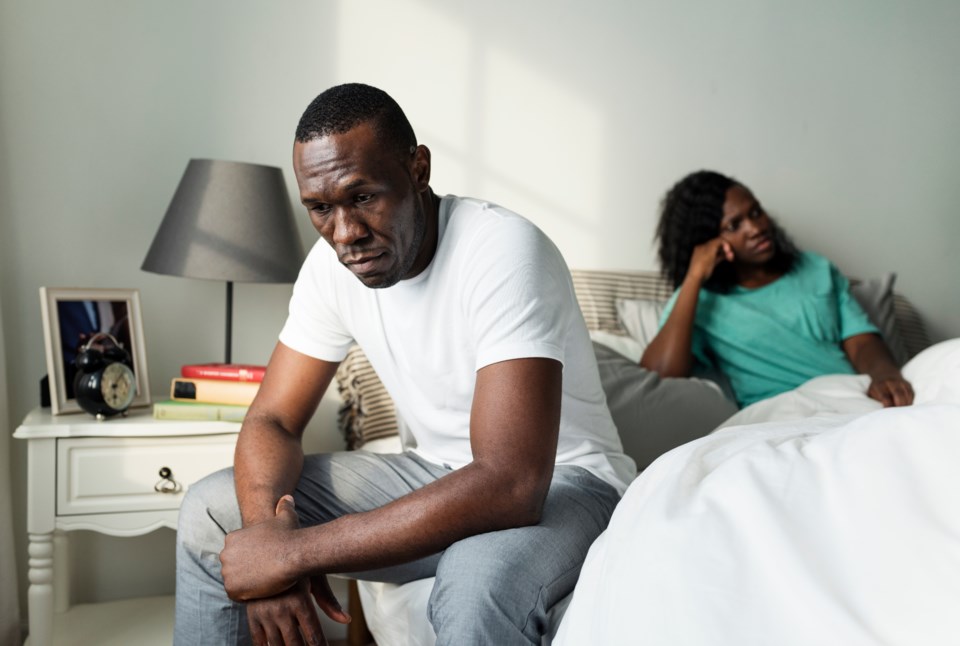Relationships are challenging, and when they are in a bad place, it can be difficult to navigate.
Some therapists claim that it is possible to predict which couples will last and which ones will not. Some telltale signs of a failing relationship include couples trying to talk over each other or carry on two distinct conversations. Other couples have explosive episodes of conflict and, before you can scratch your head, they are accusing each other with raised voices. Other couples might reveal, with little feeling, that the relationship is over.
At risk couples include those who have raised a family and are at the threshold of retirement. A divorce at this stage of life can result in catastrophic loss of housing and life savings just when they are needed most. According to the Government of Canada, a contested divorce can cost up to $35,000, and can result in a drop of income of up to $30,000, for women. It can also mean a decline in your standard of living.
Community Counselling Centre of Nipissing (CCCNIP) can help couples during these difficult times in a relationship.
People often wait until it is too late to come into therapy, or they wait until their relationship is on the verge of collapse. CCCNIP executive director Alan McQuarrie says, “It is preferable to seek help early. If you feel like your relationship is failing and you’re helpless to stop it from deteriorating, it is a sign that it’s time to get help.”
Relationships are like living things. They require attention, care and healthy conditions to survive. Just like a house plant, if you neglect a relationship for a very long time, it can die. It is worth the time and effort to keep a marriage healthy.
If you ask those in failing relationships to turn things around, they will often admit that they do not know what to do. Sometimes, they will blame their partner and fail to see their role and the true causes of relationship failure.
Two psychologists from Seattle, Drs. John and Julie Gottman, have done extensive research on this topic.
The key to their approach is how a couple handles conflict. According to their research, what you fight about is not as important as how you fight.
Gottman names the “four horsemen” of relationship destruction:
- criticism,
- contempt,
- defensiveness
- and stonewalling/ignoring
These four behaviours can quickly destroy a relationship. Many people use these behaviours with good intentions and do not realize the poison they spread.
The Gottman Institute has a very simple strategy for helping relationships work. It entails following the “magic ratio”, which is for every negative interaction, there needs to be five positive ones. Try it - it works!
Conflict can serve as a useful signal about the state of a relationship.
For example, is there violence? Do you go days enduring the silent treatment? Do your conflicts rehash the same things over and over?
Experts explain that the first few minutes of conflict can set the direction for success or failure. The use of sarcasm, contempt such as eye rolling, poor eye contact, or head shaking and criticism can sabotage any efforts of repair. Most people start conflict with ‘you’ messages.
A more effective approach is to own your feelings and communicate them confidently. Statements such as, “I feel discouraged when you don’t come home in the evenings” are much better than, “You never stick around.” One is an accusation while the other invites empathy.
Effective relationships are characterized by effective “repair.” This means each person can “right the ship,” to set things straight. Effective repair also resolves feelings of guilt and resentment and leaves a couple with a feeling of trust in their relationship.
Above all, conflict needs to be safe. Most people think of violence as physical aggression. However, violence can take more subtle forms through coercion and control. Seeking therapy when violence is present can be dangerous.
McQuarrie says, “Yet that is when many couples seek CCCNIP’s services. It is important to understand that violence does not occur in relationships characterized by equality. To maintain a healthy relationship, recognizing that your partner is your equal is essential. In our culture, anything else just breeds resentment.”
CCCNIP offers relationship counselling through the Walk in Clinic every Tuesday and Thursday from 1 to 8 p.m.
For more information, call 705-472-6515 or email [email protected].
